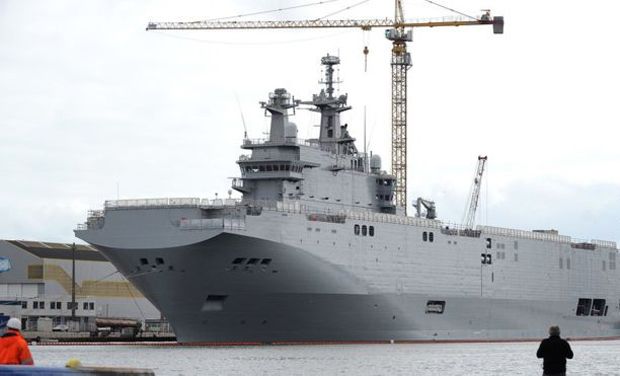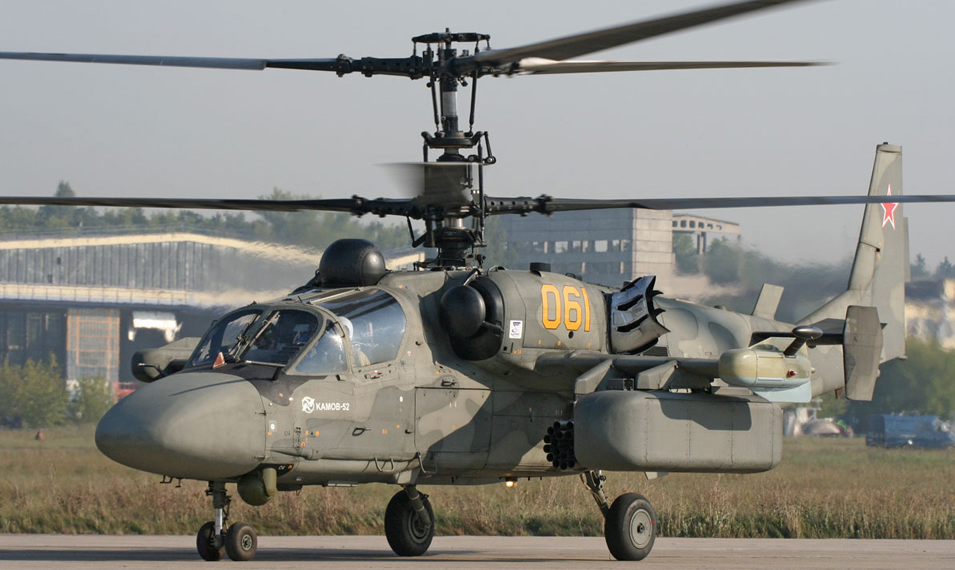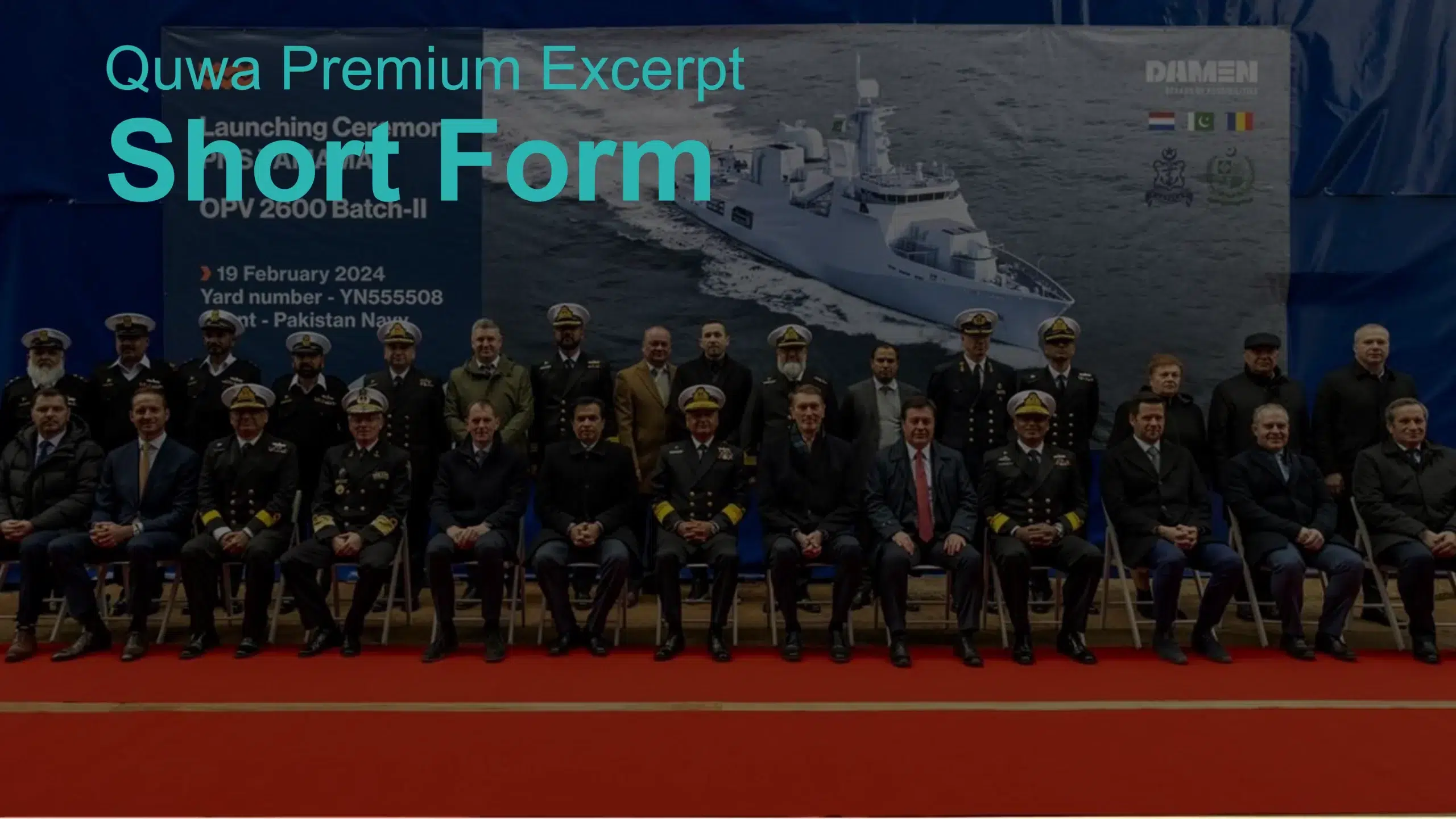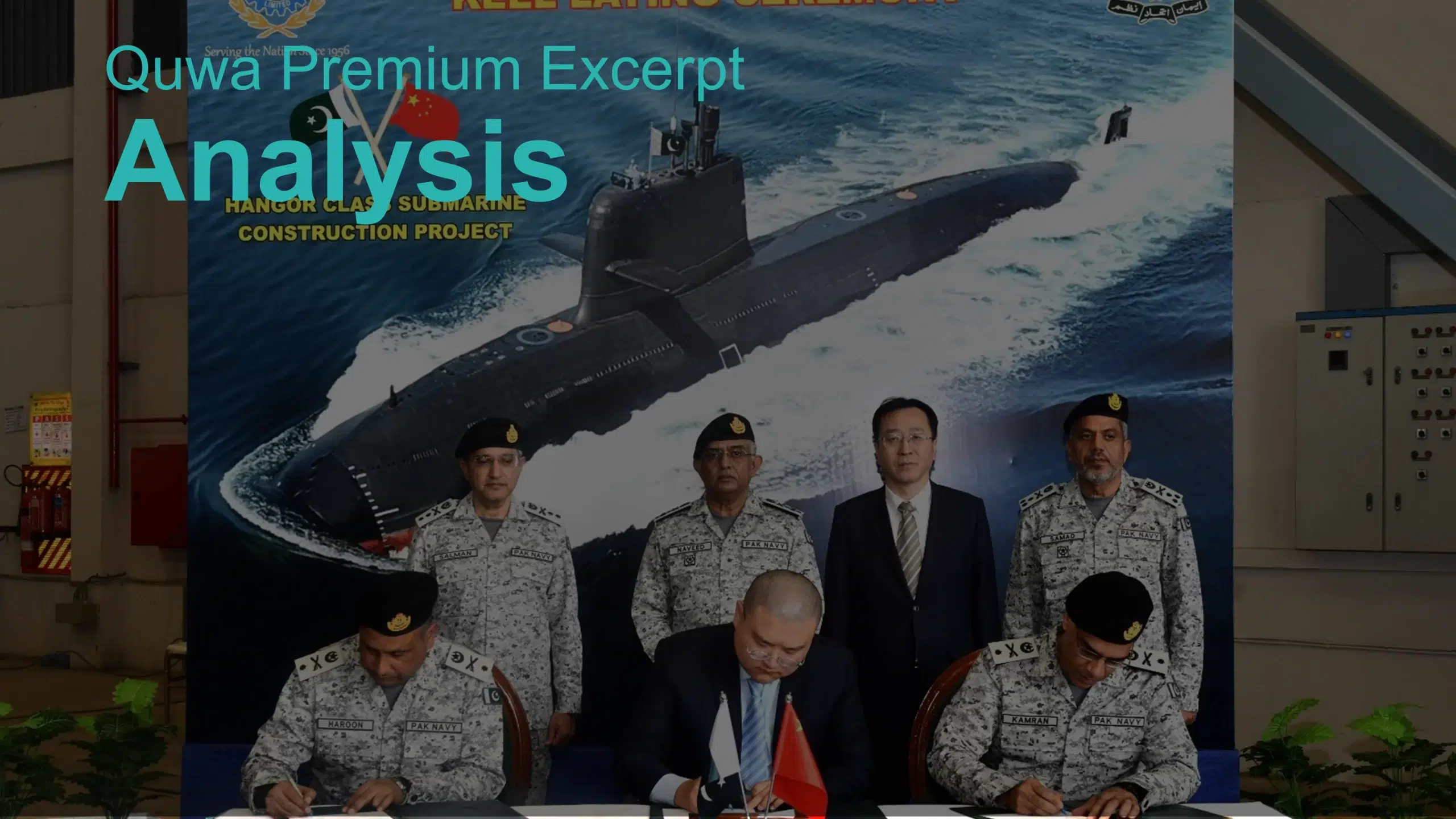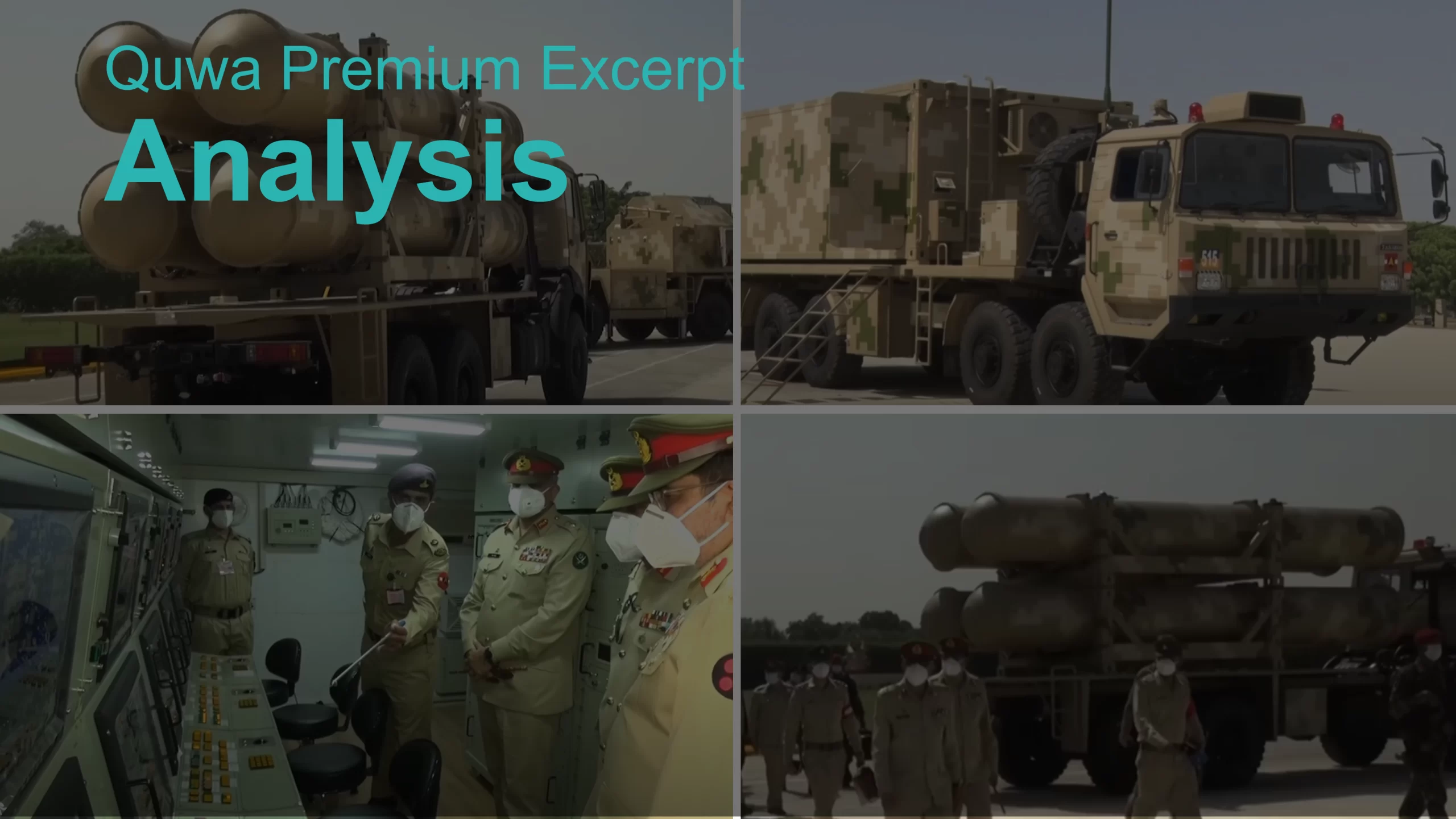26 September 2015
By Bilal Khan
The French President Francois Hollande confirmed that Egypt is looking to buy the two Mistral-class helicopter carrier and amphibious assault ships from France. The two ships were originally built for Russia, but due to the ongoing crisis between Russia and the West on Ukraine, the ships could not be transferred to Moscow. After refunding the original buyer, France had begun seeking new customers for the ships and slotted Canada, Singapore and India as potential buyers (Defense News).
If successful, this purchase would be a steep jump in Egypt’s ongoing modernization programs. In my previous piece, I broadly outlined some of Egypt’s major aviation and naval acquisitions, such as the Dassault Rafale multi-role fighter, FREMM frigate and Gowind corvettes or light frigates. But compared to these programs, the Mistral purchase is a significant shift.

- The FREMM multi-mission frigate designed and built by the French shipbuilding company DCNS. Egypt recently received one such ship. Photo credit: DCNS
From a technical standpoint, the Mistral is not some defensive system, but an expeditionary asset meant for allowing a country to deploy soldiers, aircraft and armour by sea. For example, the Mistral is capable of housing 16 dedicated attack helicopters, 40 main battle tanks (MBT) and 450 soldiers (Defense Industry Daily). These Russian Mistrals were designed to be able to house the Ka-52 Hokum-B attack helicopter, which Egypt was reported to have signed a deal for last month, though unconfirmed (IHS Jane’s 360). It seems now that discussions are taking place between Cairo and Moscow (Russia Beyond the Headlines).

- The Ka-52 Hokum-B dedicated attack helicopter. Egypt is reportedly interested in 30 such machines, possibly for use with the Mistrals.
There are two angles that are particularly interesting. First, the question as to why Egypt is looking for systems of this nature in the first place. Egypt is not an outward facing power at any level, and with its decision during Anwar Sadat’s rule to recognize Israel, it is not going to be using these acquisitions to displace Tel Aviv or any other power for that matter. With that said however, the influx of massive U.S military aid in the 1980s and 1990s, while enabling Egypt to acquire advanced fighter platforms such as the F-16, did not open it to acquiring advanced air-to-air and air-to-surface munitions (F-16.net).
That was rectified with the recent purchase of the Dassault Rafale and its line-up of MICA beyond-visual-range air-to-air missiles (BVRAAM) and SCALP/Storm Shadow air-launched cruise missiles (ALCM) (see my previous analyses on this topic: ‘The Egyptian Military’s Build-up’ and ‘Why the Rafale is a Big Deal for Egypt’). Pair this effective aerial element with the Mistral assault carriers and a healthy stock of modern attack helicopters, MBTs and appropriately trained and equipped troops (i.e marines), and one will see that Egypt is developing a strong expeditionary wing.

- Two Egyptian Rafales, part of the order of 24 aircraft from France. Photo credit: Dassault Aviation.
But why? I originally posited that the reason could be because of the Gulf Cooperation Council (GCC) (and in particular Saudi Arabia) and its incursion into Yemen. Given the scale of Saudi Arabia and the United Arab Emirates’ deployments, it seems that the GCC will be embroiled in that country for some time, possibly into the long-term. There were reports from early September that Egypt would send troops into Yemen, but this has been denied by the Egyptian Minister of Foreign Affairs (Egyptian Streets). Still, the Foreign Affairs Minister did earlier say in March that his country would deploy troops “if needed” (Egyptian Streets). Is it possible that in a year or so Egypt will enter the fray with its Rafales and Mistrals?
The second question, which lends credence to the first, is the question of how Egypt is managing to finance these programs. The Rafale purchase was underwritten by the French government, which basically means the French government will guarantee Egypt’s lenders for the purchase should Cairo fail to keep up with its payments for the fighters (Defense News). Let me be very forthright here, Egypt is not exactly an economic miracle at the moment where such guarantees can be made. The French guarantee is at heart a political one, a desire on the part of Paris to see these fighters land and be used by Cairo. I think the reality of Saudi and GCC aid to Egypt played a major role in ensuring that guarantee would be risk-free. And the story does not seem to be very different with the Mistral purchase, the French government reportedly said the acquisition would be financed in large part by Saudi Arabia (Defense News).
Given the surprising string of acquisitions thus far, I am genuinely interested in seeing what is next for Egypt and I wonder where it will lead the country. It is too early to say if this is a sign of Egypt one day entering the fold on Yemen, but the material capacities are certainly being built for that possibility.

